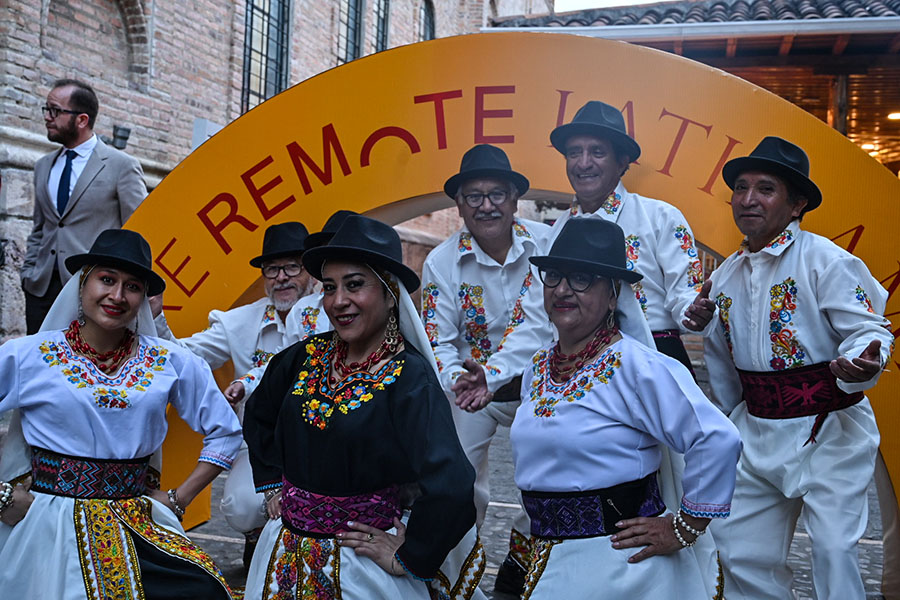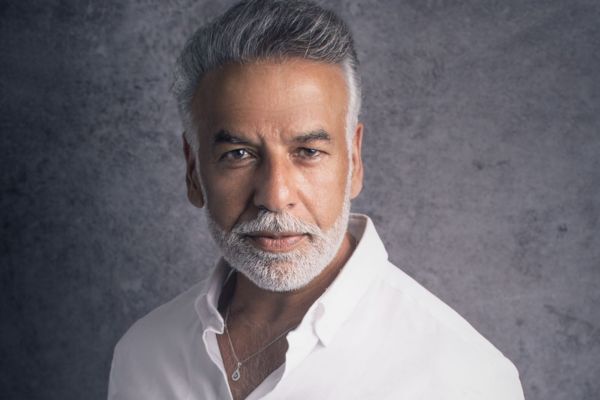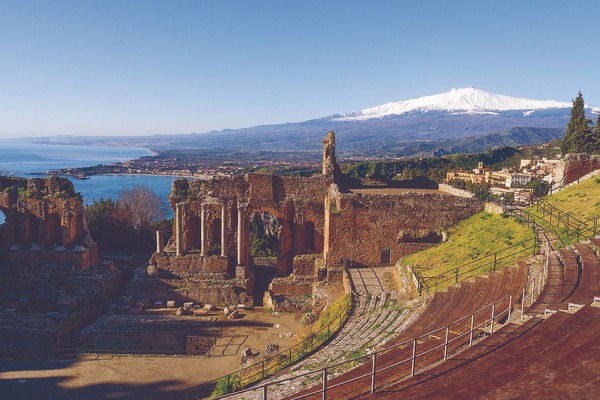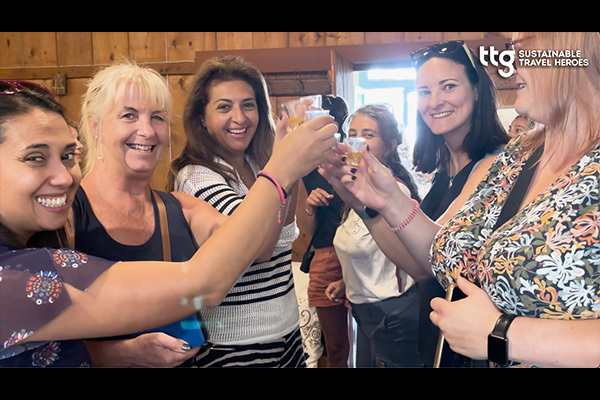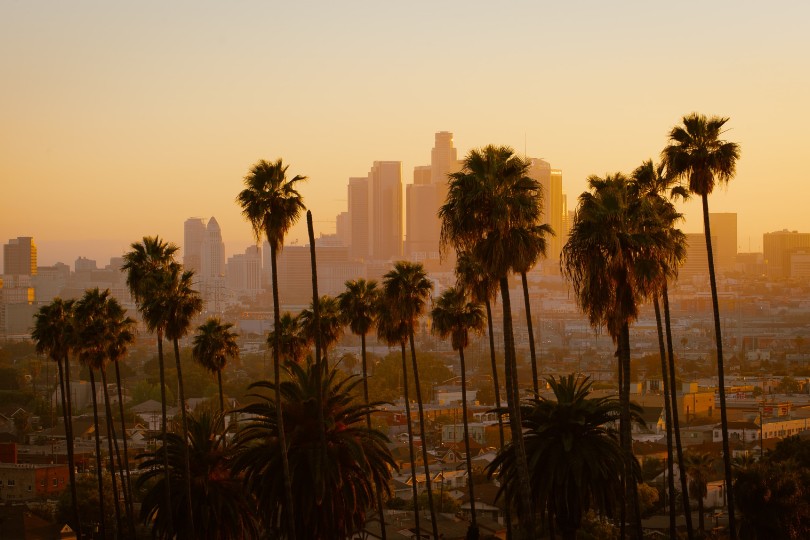'The obsession with sending clients just to Machu Picchu is lazy'

After the priest’s blessing inside the magenta-lit Mariano Church, our procession led by Ecuador’s minister of tourism and serenaded by a jaunty band, heads to Cuenca’s old theatre to commence the four-day travel show, Remote Immersion (16-19 October).
Now in its sixth year, this is the first year Remote has invited the travel press. I join 85 exhibitors from fourteen Latin American countries meeting tour-operators specialising in the region.
‘It’s an intimate show,’ says co-founder, Brazilian tour-operator, Roberto Bitelman. “It matches travel designers passionate about Latin America looking for secret remote spots with boutique properties that do not participate in larger trade fares”. Exhibitors must have no more than 60 rooms and possess a sustainable ethos that delivers community and conservation benefits.
Compared to larger shows, Remote’s format fosters more relaxed opportunities to network outside of business meetings. After morning face-to-face meetings between sellers and buyers in speed-dating-like 12-minute bursts, all attendees enjoy afternoon excursions around Cuenca furthering informal networking. Rather than an overpriced sandwich on the run, lunches and dinners are communal sit-down affairs, and the evening programme called Talks and Seeds features inspirational lectures from travel experts.
Remote’s host destinations are always off-the-beaten-track. “Cuenca fits our criteria of a remote destination,” Bitelman says. “It scarcely features on Ecuadorian itineraries yet it’s a classical city that is 100% walkable with luxurious small hotels and great gastronomy”.
Located in southern Ecuador, Cuenca leaves me breathless not just from its rarefied Andean altitude, but an ornate colonial architecture laid down by the Spanish from 1557. I arrive there during the presidential election run-off and all is calm. Guayaquil in Southern Ecuador has made the news recently with an upsurge in drug-related troubles. But that city is a long way from the main tourism hotspots and Cuenca, like Quito, had a strong presence of tourism police, although the show likely contributed to this.
Indeed, I meander around Cuenca’s streets with zero concern. The mixed mestizo culture of Spanish and Andean people is centuries in the making and by night Cuenca is beautifully-illuminated. I stay a few blocks west of the central Plaza Calderon at the sumptuous Mansion Alcazar, a late-19th-century Spanish home repurposed as a small hotel with 23 rooms built around an internal patio with a trickling fountain.
Afternoon excursions include an inspiring community tourism project at El Boquerón where I’m blessed by a shaman. I taste a little too much sugarcane rum on a distillery visit and enjoy a city tour seeking out the hidden niches of Cuenca’s show-stopping neoclassical Cathedral built between 1885-1967. “Compared to other trade shows there’s a real focus on spending time in the destination and getting to know it,” says Ian Jordan, travel expert, Black Tomato, attending his first Remote.
Adding value, protecting lands
Throughout, I find a passionate vision of Latin American tourism’s future built around higher-end boutique experiences that avoid over-tourism and help protect fragile natural environments whilst creating opportunity to local communities.
“The travel agents and tour operators who come here believe in tourism adding value to the lands we want to protect,” says Pedro Treacher, head of operations of Biophilia, representing Pousada Trijuñçao. With seven rustic suites this magnificent property safeguards 30,000 hectacres of wildlife-rich savanna in the Cerrado biome in eastern Brazil. He’s at Remote to launch a new boutique DMC called Ocanto and keen to meet tour operators from the UK, an important market for him.
There are many impressive community tourism operations in attendance. I meet with Napo Wildlife Centre Ecolodge from the Ecuadorian Amazon, owned entirely by the native riverside people. Besides funding a handicraft project empowering the community’s women I learn how tourist revenues enable them to uphold their Amerindian Kichwa culture and keep oil prospecting within Yasuni National Park off their land.
Luxury is cultural immersion
It’s also a show to seek alternatives to over-touristed honeypots. Enrique Umbert calls the obsession with sending clients to just Machu Picchu as ‘lazy’. The company he co-founded, Mountain Lodges of Peru, invites travellers to the Peruvian highlands to explore sites comparable to Machu Picchu. “Luxury for us is not about fancy lodges with marble balconies but immersion in the Peruvian Andes living Inca culture,” he says.
The UK tour-operators I meet seem impressed by the diversity of sustainable holiday experiences. “We’re really trying to develop our sustainability approach and listening to people talk here about the social impacts and conservation projects driven by tourism has been inspiring,” says Ian Jordan. “Sustainability is really important for the future of Latin American tourism because otherwise our industry is not going to survive”.
Tristan Whitworth, Latin America team leader at Natural World Safaris is similarly impressed. “It was a very productive show focused on our product niche, so I was able to really zero in on the suppliers I wanted to talk to. The productivity was fantastic, and the strong theme of sustainability was fascinating to see all the efforts that local companies have in place.”
Help is certainly out there for travel agents wanting to measure up the sustainability of products they sell from tour-operators. “There are emerging groupings making this easier for travel agents to identify sustainable products like Travel by B-Corp featuring Intrepid and Steppes while tour-operators like Audley are now making this clear through ratings on their website,” says Simon Heyes, founding director of Senderos, which promotes luxurious Latin America’s lodges.
The show wraps up with a closing ceremony in Cuenca’s outskirts. The Remote team explain they’ve run workshops with local tourism businesses on how to be more sustainable, donating refillable water-stations to all properties used by delegates and supplying metal water-bottles. I’m told 3,000 plastic bottles were saved. For 2024’s show carbon neutralising the flights of attendees is a stated objective. Next year’s venue was announced as a thermal spa hotel in Chile at Puyehue in a World Biosphere Reserve, with dates still to be confirmed.
The final party goes on until the small hours. I walk back through Cuenca’s charming centre amazed by how this pretty little city has remained off mainstream itineraries. Free of some of the bigger travel show’s largesse, Remote Immersion felt like an intimate affair signposting the way towards a more sustainable and exciting future for Latin American travel.
